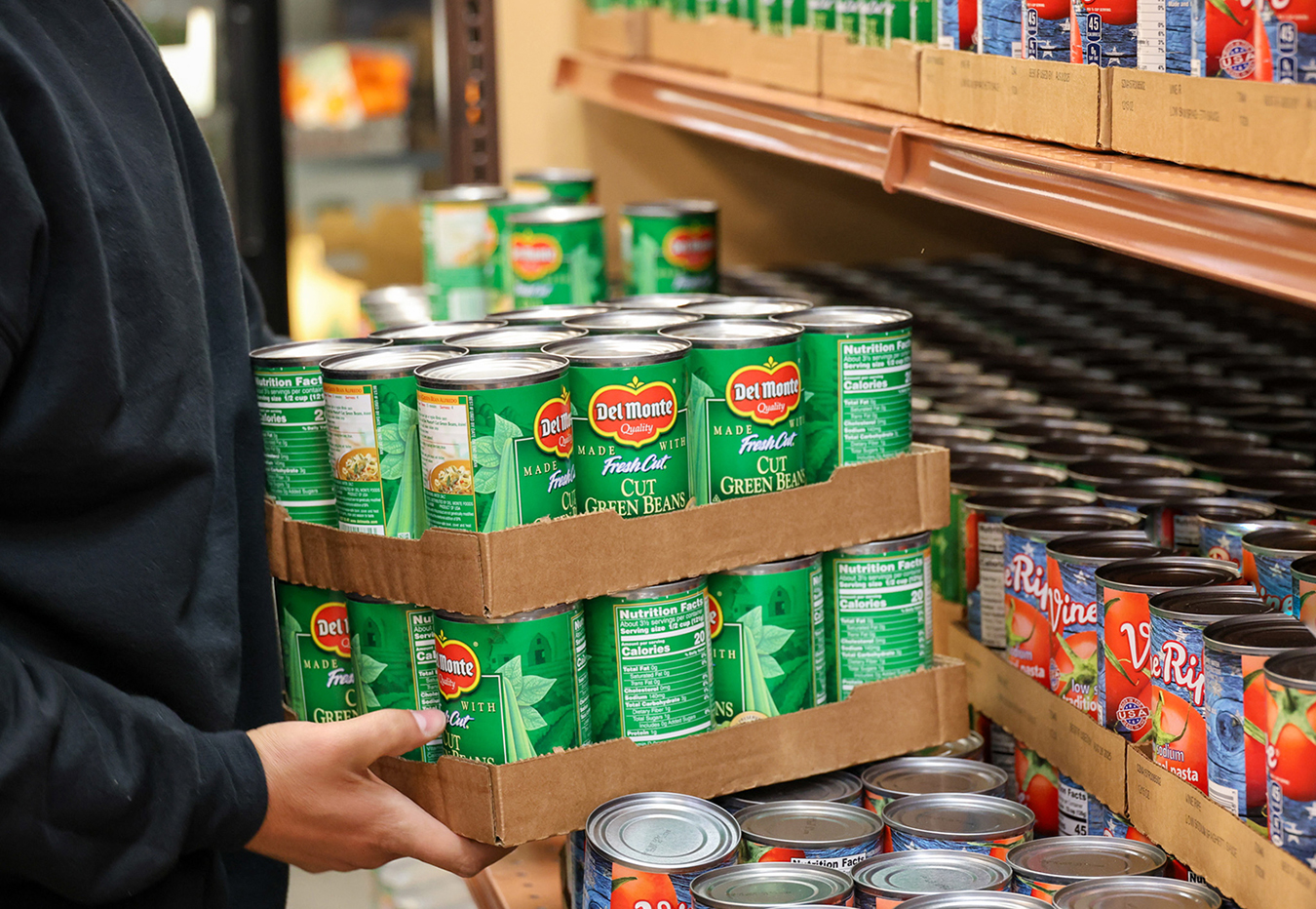TAHLEQUAH, Okla. – The Cherokee Nation is adjusting its emergency cash assistance program for citizens on the Supplemental Nutrition Assistance Program (SNAP) in response to the federal government's decision to issue partial November benefits.
On October 26 the United States Department of Agriculture announced that no November SNAP benefits would be paid. Cherokee Nation launched a multi-million dollar crisis response on October 28. Following a recent federal court order, on November 5 USDA issued guidance to states to pay partial federally funded benefits to all SNAP recipients.
The tribe is now providing a one-time payment of up to $75 per eligible Cherokee citizen on SNAP nationwide to help fill the immediate gap caused by the federal government shutdown. Cherokee Nation will lower those payments only if the recipients’ state or local government adds more of its own funds to the benefits, which is happening in a handful of states.
The deadline to apply for the tribe’s emergency assistance remains November 14, 2025. In just a few days’ time, Cherokee Nation received over 14,000 applications.
“The SNAP crisis is changing, but in a good way,” said Cherokee Nation Principal Chief Chuck Hoskin Jr. “The USDA went from paying SNAP recipients nationwide $0 just a few days ago to now promising to make partial payments beginning at $193 for a household of one, increasing that partial benefits based on household size. From the beginning, we were determined to fill the gap created by the federal funding lapse. The longest federal shutdown in American history impacts us all. But it hits low-income families on SNAP the hardest. Remember, most SNAP beneficiaries are children.”
Initially, a full cessation of November SNAP benefits was announced by the U.S. Department of Agriculture due to the federal government shutdown. In response, Chief Hoskin and Deputy Chief Bryan Warner established a multi-million dollar emergency response package, committing to provide aid for Cherokee citizens.
With the federal government now providing partial payments, the tribe is modifying its assistance as planned to conserve resources for future emergencies.
“Good leadership requires that we adjust based on changing circumstances, and we have communicated from the beginning our expectation that this payment could change based on the changing status of the federal government’s shutdown,” said Chief Hoskin. “We recognize that although our citizens on SNAP will receive partial federal funding, they need help now, not later. For families on SNAP, a promise of USDA to fund partial SNAP benefits means very little unless they know when the benefits will arrive, and so far that remains unknown. So we are providing this assistance to bridge the gap. On a rolling basis, we will begin making payments on Friday, Nov. 7, and our staff, which has worked very hard on this program, is processing payments as quickly as they can.”
The emergency cash assistance program is available to all Cherokee Nation citizens who were active SNAP participants in October 2025.
“This is an unprecedented crisis, and the impact is measurable on every single Cherokee no matter where they live,” said Deputy Chief Bryan Warner. “We need to expend our emergency funds wisely, but when Cherokees are in immediate peril of hunger, we must act as quickly and effectively as we can, and we have done so during this federal government shutdown impacting SNAP recipients.”
Cherokee Nation citizens on SNAP can apply through the tribe’s Gadugi Portal, found at Cherokee.org. Applicants will need to provide proof of SNAP certification.
In addition to direct assistance, the tribe has committed $1.25 million to support food banks and non-profit food programs within its reservation and contiguous counties to serve all individuals impacted by the shutdown, regardless of citizenship. The tribe will soon release a list of food banks, food pantries and other meal programs that share in the funds so that those needing support, Cherokee and non-Cherokee, can reach out for assistance.
For a list of frequently asked questions about the Cherokee Nation emergency cash assistance program, visit this link.

